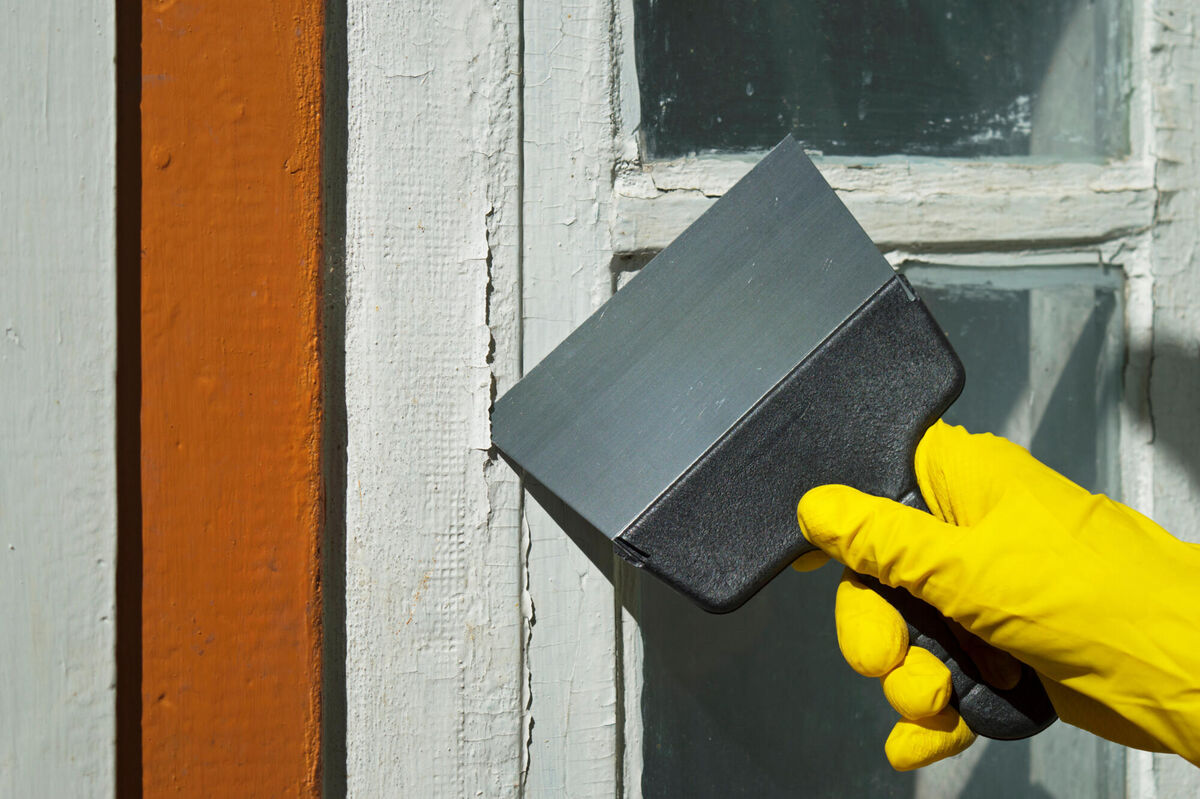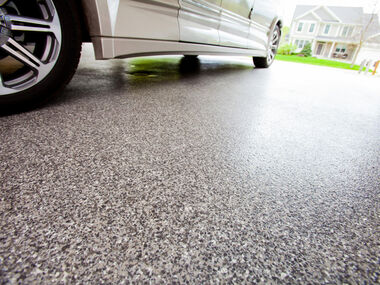Do Landlords Have to Disclose Lead Paint in North Carolina

Lead paint remains a serious issue in older North Carolina homes. Many dwellings built before 1978 in areas such as Raleigh and Wilmington (and the rest of the state) may still contain lead-based paint.
Those who live in these houses may face health hazards, especially when lead paint surfaces deteriorate or are disturbed. As such, landlords have a strict responsibility to adhere to federal and state regulations regarding lead paint.
If a family rents a house with lead paint in Wilmington, NC, for instance, their landlord must notify them in a clear and understandable manner. This is per the Lead-Based Paint Disclosure Rule. Failure to do so can result in a landlord being sued, even if the house is historic (and likely contains lead paint).
Federal Disclosure Obligations
Federal law requires landlords to disclose the presence of lead-based paint before a lease is signed. The law applies to houses built before 1978, and both sellers and landlords must adhere to it.
- Landlords must provide a 'lead warning statement' with the lease.
- They must provide and EPA-approved pamphlet titled "Protect Your Family From Lead in Your Home." The pamphlet must be renewed with every lease renewal.
- If there are lead paint records or reports available, tenants have the right to see them.
- They must also allow tenants to conduct a lead inspection if they wish.
These rules include multi-unit buildings in Raleigh and Wilmington. Short-term stays (less than 100 days) are exempt, generally speaking.
Renovation Requirements
When it comes to renovations, any paid renovation that includes repainting or repair of pre-1978 housing in NC must be done by a certified renovation firm. Tenants should not just choose the first company listing on Google when searching ‘lead certified painters near me’ or ‘lead certified contractors near me.’ They must confirm that the contractor they select is suitably certified before allowing them to work on the property.
If the landlord performs the renovations or employs a specific contractor, they or the company must be lead certified. Certification involves company-level and renovator-level credentials under LHMP-RRP rules.
Historic Properties and Lead Rules
Many NC tenants occupy historic houses. These houses can be found throughout Wilmington’s Old Town or Raleigh’s historic districts. As such, owners often wonder, ‘Does lead paint have to be removed from historic sites?’
Federal and state rules do not require full removal of lead paint. Preservation Brief 37 recommends preservation techniques to maintain the character of historic homes. These techniques include lead encapsulation or the use of lead-encapsulating paint.
Landlords need to understand that simply removing lead-based paint from a historic structure can damage delicate features. It also falls outside the scope of simple renovation, so hiring a lead paint specialist is the best approach.
Ongoing Compliance Requirements for Landlords
In addition to notifying tenants of lead paint, landlords should also inspect properties at least once a year. If the paint is deteriorating or damaged, the landlord should repair the damage and repaint the walls. Friction points, such as windows or railings, are especially important to inspect, as they can create harmful dust.
If spaces like kitchens or entryways require renovations, the landlord should hire someone who can encapsulate the lead paint exterior. This will seal deteriorated exterior paint under approved encapsulant layers. Overall, the process can also limit the amount of dust created while preserving architectural details.
Why Lead Paint Remains a Concern in 2025
Lead paint can result in lead poisoning. So, even though lead was banned in residential paint in 1978, many older homes still contain it. Proper disclosure can help tenants avoid potential exposure to hazardous conditions. Safe repair practices also help protect workers and neighbors.
Ensure Your Properties Are Lead-Safe with Anderson Painting
Anderson Painting is a lead remediation certified firm, which means we Renovate, Repair, and Paint (RRP) homes that contain lead paint to ensure they are safe. We use wet scraping removal techniques and the paint encapsulation method to address lead paint issues. These apply to both interior and exterior residential surfaces.
For more information or to get your free estimate for our RRP-certified services, contact our team today.




